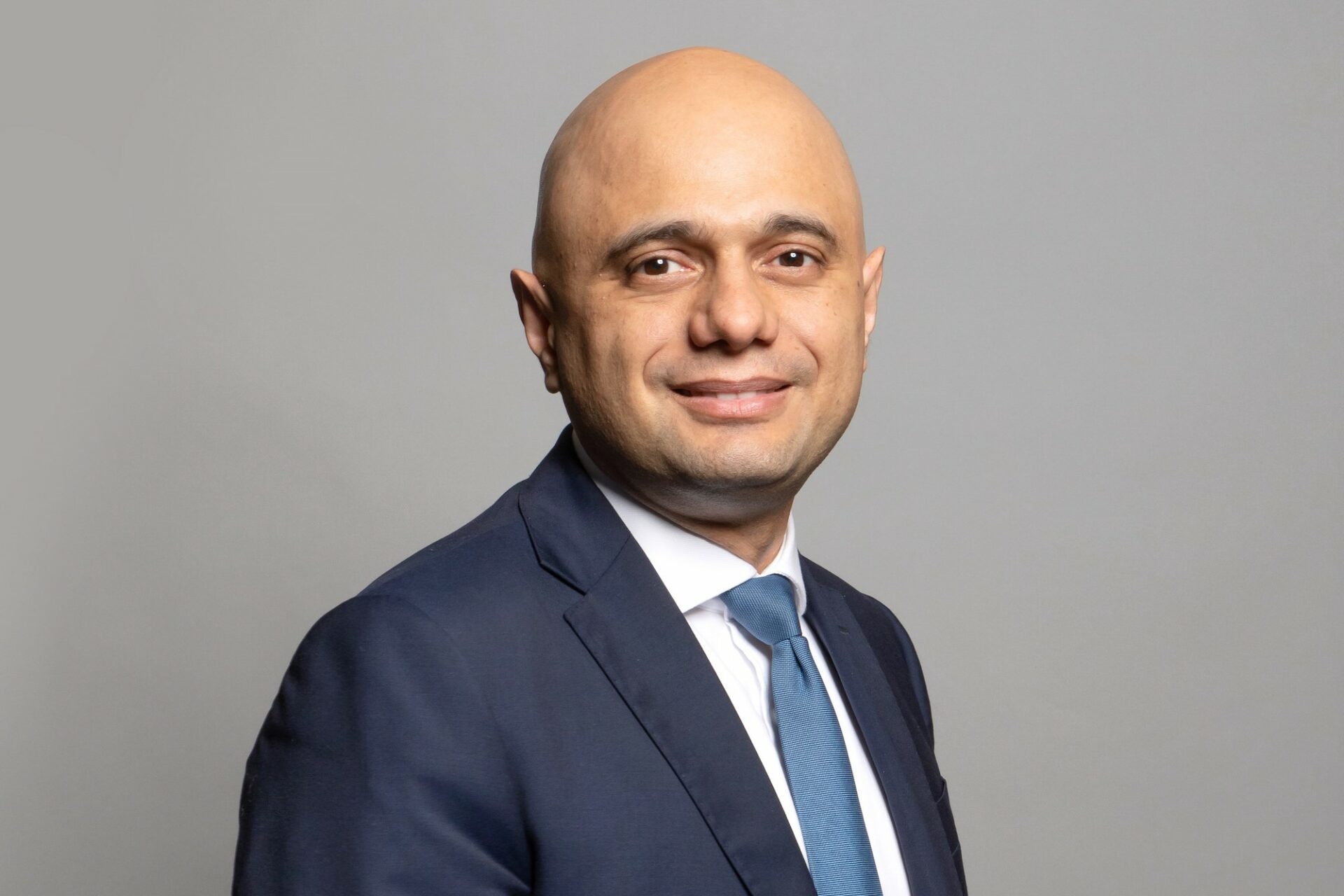COVID: Self-isolation period in England to be reduced to five days
The rule change is part of a plan to "learn to live with COVID", the health secretary said
By Tom Skinner

People in England who are fully vaccinated against COVID will only be required to self-isolate for five days from next week, the health secretary has announced.
Speaking in the House Of Commons today (January 13), Sajid Javid said: “We’ve made the decision to reduce the minimum self-isolation period to five full days in England (via BBC News).
“From Monday [January 17], people can test twice before they go – leaving isolation at the start of day six.”
Javid cited new data from the UK Health Security Agency, which found that “around two-thirds of positive cases are no longer infectious by the end of day five”.
The change to the self-isolation rules, as the health secretary explained, comes as part of a plan to “learn to live with COVID” as we enter the third year of tackling the virus. “These two tests are critical to these balanced and proportionate plans,” he said.
“And I’d urge everyone to take advantage of the capacity we have built up in tests, so that we can restore the freedoms to this country while we are keeping everyone safe.”
Javid went on to say that we are currently “better protected than ever” against COVID, but acknowledged that it “is not going away”. “There will be more variants,” he added, “and no one can be sure what threat they might pose.”
He continued: “But we can be sure that our pharmaceutical defences – vaccines, testing and anti-virals – are the best way to protect our health and freedoms as we learn to live with COVID.”
People will be able to leave quarantine five full days after experiencing symptoms or receiving a positive test result, whichever is first, if they have two negative coronavirus tests (on days five and six).
Labour’s shadow health secretary Wes Streeting welcomed the move, but called on the government to “sort out” testing.
“Before Christmas, he told us there was no issue with supply – but over Christmas, NHS staff and other key workers were unable to access tests because the government hadn’t noticed that the deliveries had shut up shop for Christmas,” he said.
Prior to the measure being adjusted, those who test positive are able to end their isolation period after seven days if they receive a negative lateral flow test on days six and seven (the tests must be taken 24 hours apart).
Back in December, the self-isolation period was reduced from 10 days to seven. There were then calls for another reduction due to the NHS and other workplaces facing staff shortages caused by quarantine.
Yesterday (January 12) the UK reported 129,587 daily COVID cases (via GOV.UK), with 398 deaths from that same 24-hour period.
Meanwhile, the recent spike in infections – brought on by the new Omicron variant – has resulted in many musicians cancelling or postponing shows scheduled for early 2022. Blossoms pushed back their planned European tour yesterday, as did Wolf Alice.
The latter band also delayed their 2022 UK tour, which is now set to begin on February 14.
